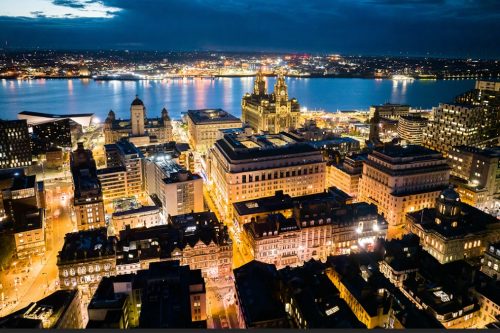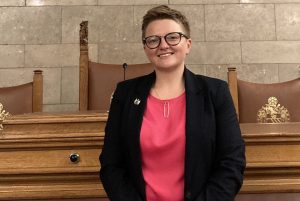Liverpool set to vote on £2-a-night hotel levy which could ‘turbo charge’ ambitions

Liverpool hoteliers and hospitality leaders will vote on whether to adopt a proposed £2 a night charge on visitors to the city.
It is argued it could help to scale up the city’s events and help it compete on the international stage. The levy could be in place by June.
Administered and managed by Liverpool’s Accommodation BID (ABID) it could see £6m invested into the city’s visitor economy, public realm and events calendar.
The ballot will open for hotel and serviced apartment accommodation on March 27, with results announced on April 24. If successful the term would begin on June 1, lasting until 2027.
Laura Pye is the chief executive of National Museums Liverpool and believes the levy could see more investment in the city’s cultural sector.
She said: “It would allow us to do some of the bigger stuff we want to do in the city. Liverpool as a city is culturally really vibrant and has done fantastic things in terms of the visitor economy but you need to keep ahead of the game. You have to keep investing to keep Liverpool on the front foot as a great destination.”
Annie Brown, general manager at the Municipal Spa Hotel in Liverpool, has also worked in Manchester on the visitor levy as chair of Manchester Accommodation BID.
She said: “All UK cities need additional support as funding has changed. It is in the interest of the private sector in the city to both support and develop how we do things in the city centre.
“When we look at other cities there has been concern about a visitor levy detracting from investment, but in reality that hasn’t happened. It’s a small gesture for tourists to pay and it really helps the city to promote itself. In Manchester we learnt how successful it is to work collaboratively and to work with one aim.”
Bill Addy, CEO of Liverpool BID Company, said: “Major exhibitions and events, like The Terracotta Warriors, can attract a huge audience, generating income both for the visitor economy, the tourism industry and hospitality.
“What we would love, as both a city and a private sector, is to be able to support so that we can hold events like this much more regularly. The investment we are proposing could really turbo-charge the city’s economy.”








